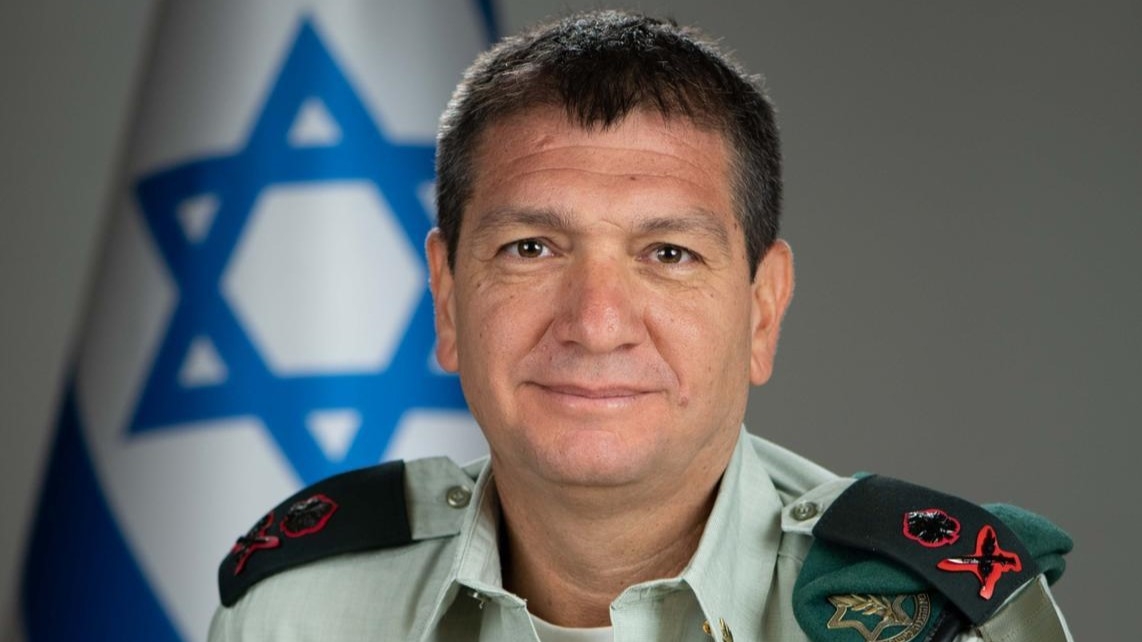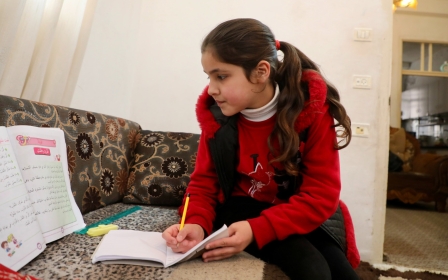War on Gaza: Head of Israeli military intelligence resigns over 7 October failures

The head of Israeli military intelligence has resigned over his handling of the 7 October attack in southern Israel.
Aharon Haliva, chief of the Military Intelligence Directorate, said he took responsibility along with his department for the Hamas attack, which killed around 1,163 people and saw more than 200 taken hostage.
"We did not live up to our mission, I bear full responsibility for the failure," he said in his resignation statement.
"The Intelligence Division did not live up to the task we were entrusted with. Throughout my duties, I knew that alongside authority comes heavy responsibility."
Haliva is the highest-ranking official to step down over the 7 October attack, which was unprecedented in Israel's history and has provoked much anger among the populace that it was allowed to happen.
While accepting his own responsibility, Haliva also called for the establishment of a state committee "that can investigate and find out in a thorough, in-depth, comprehensive and precise manner all the factors and circumstances that led to the difficult events".
The 7 October attack has been followed by six months of Israeli bombardment and a suffocating blockade of the Gaza Strip. More than 34,000 Palestinians have been killed so far, and the coastal enclave has been plunged into a humanitarian catastrophe.
The latest food security report by a UN-backed initiative found that the entire population of Gaza, estimated to be around 2.3 million, is enduring "acute" food insecurity while half the population suffers from a greater level of food insecurity classified as "catastrophic".
Middle East Eye propose une couverture et une analyse indépendantes et incomparables du Moyen-Orient, de l’Afrique du Nord et d’autres régions du monde. Pour en savoir plus sur la reprise de ce contenu et les frais qui s’appliquent, veuillez remplir ce formulaire [en anglais]. Pour en savoir plus sur MEE, cliquez ici [en anglais].




